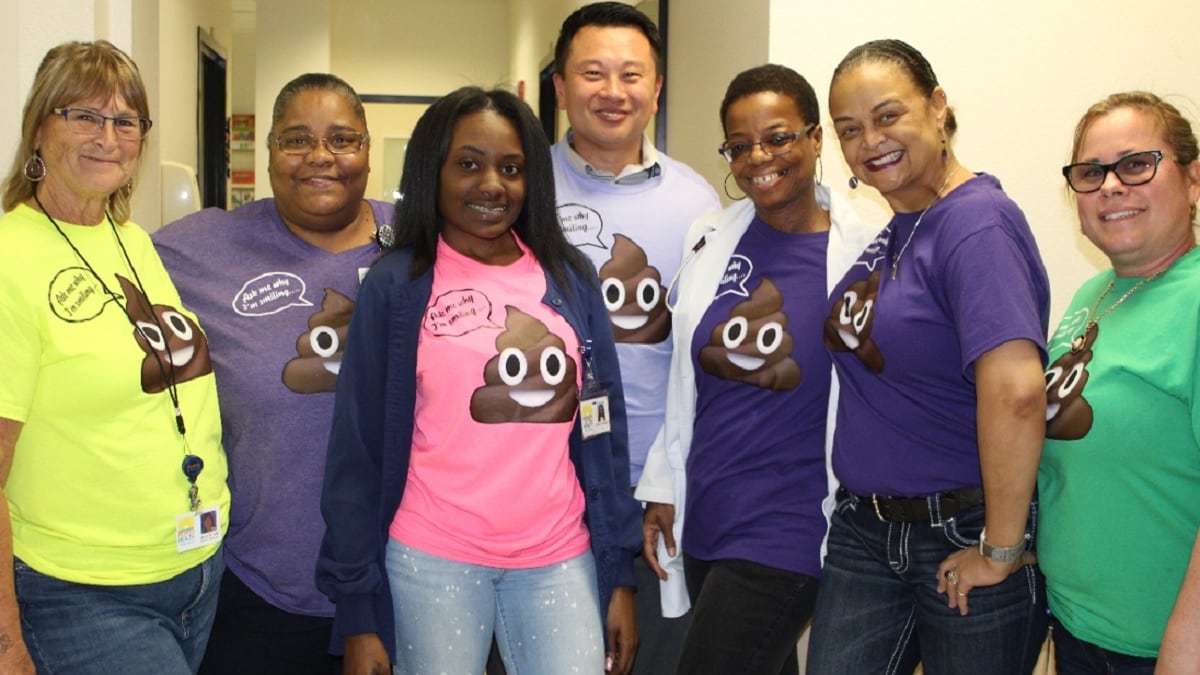What to know
- A St. Petersburg clinic more than doubled its colorectal cancer screening rates by reaching out to patients more directly and helping them overcome barriers to care.
Overview

At a public health clinic in St. Petersburg, only about one-third of patients had been screened for colorectal cancer.
To help promote screening, staff started using proven strategies to reach out to patients more directly and help them overcome barriers to care. The result was a huge jump in cancer screening rates—from 34% to more than 75%.
The St. Petersburg clinic serves as a comprehensive medical home for many uninsured and low-income residents in Pinellas County. Clinic staff found that their patients often changed addresses and phone numbers. That made it hard to reach them to schedule appointments or follow up on test results. Patients who needed to visit once a year to be eligible for services through Medicaid were often in danger of losing this benefit.
Accomplishments
To help overcome these problems, the clinic partnered with the Florida Department of Health's Colorectal Cancer Control Program. With their support, the clinic:
- Hired a full-time patient navigator.
- Worked with its technology staff to generate daily reports of cancer screenings and other preventative services that were due or past due automatically.
- Created a patient reminder system for screenings. The system includes pre-visit phone calls and letters, followed by rescreening phone calls and letters.
- Created weekly reports of how many patients had returned their take-home fecal immunochemical tests.
- Created monthly reports of screening rates.
One of the most effective changes was a new procedure that allowed clinic staff to collect stool samples when patients visit for other reasons. Now, staff tell patients about the opportunity for immediate screening, escort them to the restroom and lab, and provide results by the end of the patient’s visit.

